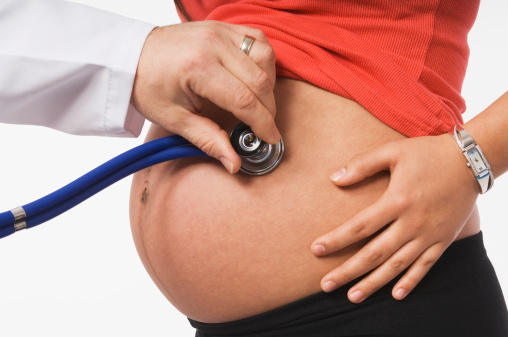Diabetes Q and A
By Janis Roszler, MSFT, RD, CDE, LD/N
Q A friend of mine suggested that I use agave nectar as a sweetener instead of artificial sugar substitutes. Isn’t agave the stuff they use to make tequila? Is it possible to take a liquor ingredient and turn it into a diabetes sweetener?
A Like sugar cane, the agave plant has many uses. Rum is made from sugar and tequila is made from agave, yet sugar and agave are not alcoholic items. Agave syrup won’t cause you to dance on tables. It is a nice, safe sweetener.
Q Why do I feel hungrier when my blood sugars are high?
A When your blood sugar level is above your target range, your main source of energy is stuck in your bloodstream and can’t enter your cells at a healthy rate. Your cells need energy to do their jobs. When they can’t get it, they signal to the brain that you have no food for them, sends out a hunger signal and your brain starts to scream….”WHERE’S THE FOOD?!”
Q I was diagnosed with type 1 diabetes a few months ago and just discovered that I am pregnant. My diabetes control is good right now, but I’m so worried about my baby. Is it possible that he or she will develop diabetes?
A Here is a list of the probably risk of developing diabetes:
- If no members have diabetes: the child has an 11% chance of type 2 diabetes by age 70 and a 1% chance of type 1 by age 50
- One parent with type 1:
- Father: 6% chance of type 1
- Mother who was younger than 25 when child was born: 4% chance of type 1
- Mother with diabetes who was older than 25 when child was born: 1% chance of type 1
- The risk doubles if the parent was diagnosed by the age of 11
- One parent with type 2 who was diagnosed before the age of 50: 14% chance of type 2
- Both parents with type 2: 45% chance of type 2 by the age of 65
Take care of your diabetes and work closely with your health care team and all will hopefully go well.
Q How can I tell if I’m eating enough carbohydrates?
A Many people cut way back on their carbohydrate intake and find that they don’t have enough energy to make it through the day. Here are a few ways to tell if your carbohydrate intake is right for you:
- Evaluate how you feel. Is your energy level low? Carbohydrate provides the form of energy that the body prefers to use. You may need to eat additional carbohydrate servings. A registered dietitian can help you determine if you are eating the right amount.
- Check your A1C level, which represents your average blood sugar level for the past three months. If it is 6.5% or higher, you may be eating too many carbohydrates. Most experts believe that your body needs at least 130 grams of carbohydrates to function properly, so don’t cut back too drastically.
- Check your blood sugar level at 2-hours after the first bite of a meal. If you are within your target range, your carbohydrate intake was probably fine. If you don’t know your target goal, aim for less than 180 mg/dl for good control, less than 160 mg/dl for better control, and less than 140 mg/dl for tight control.
- Monitor your weight. If you are gaining, you may be over-eating all different types of food, including carbohydrates.
* This article originally appeared in 2008
**please consult with your healthcare provider before making any changes to your diabetes regimen.

